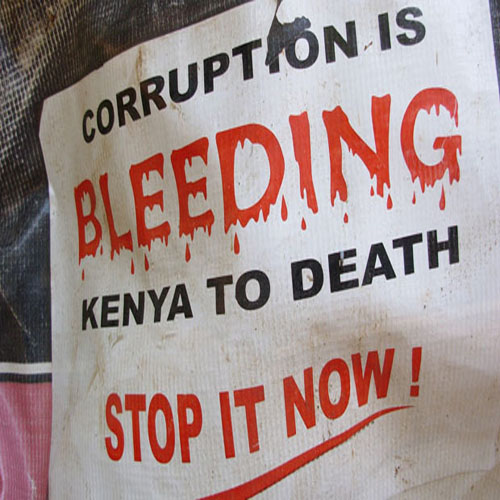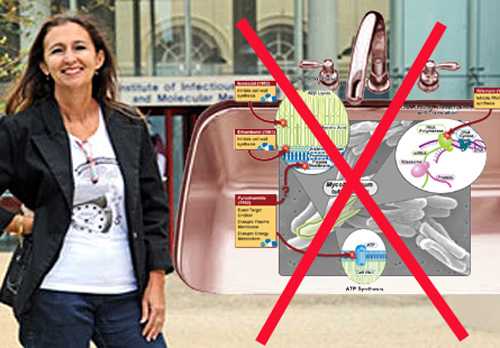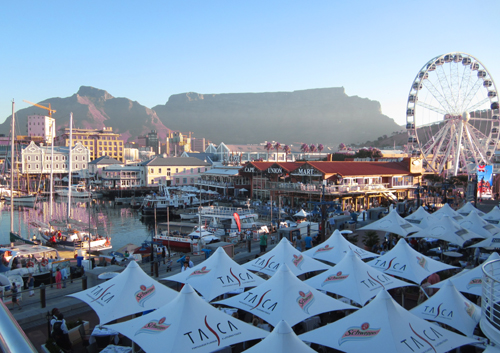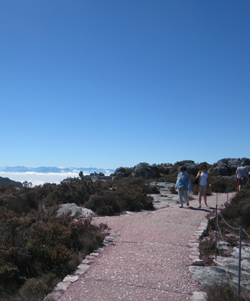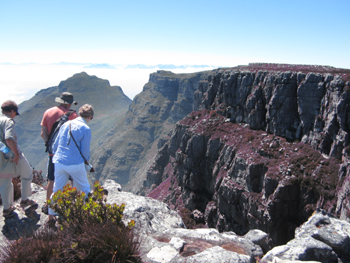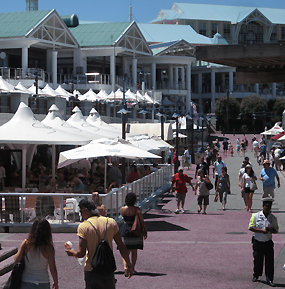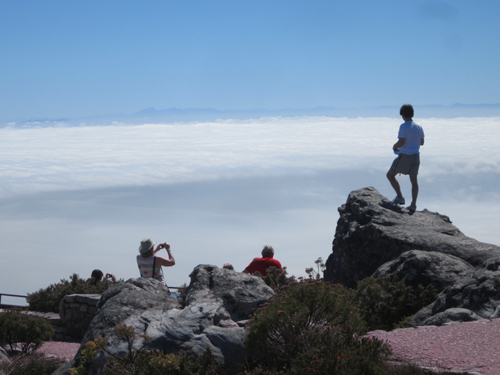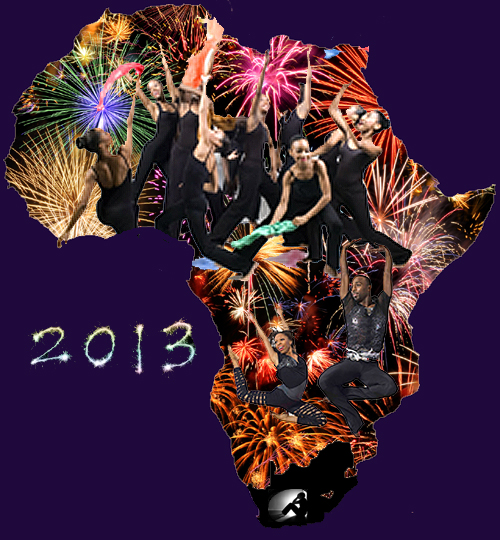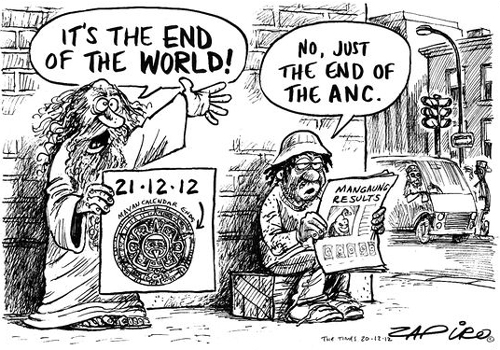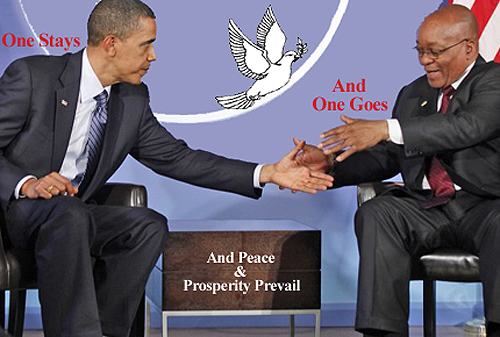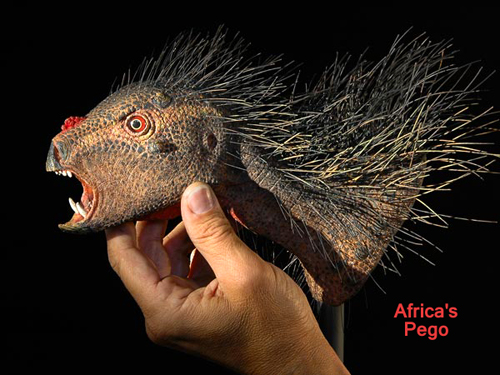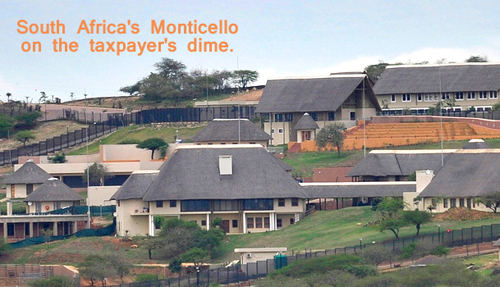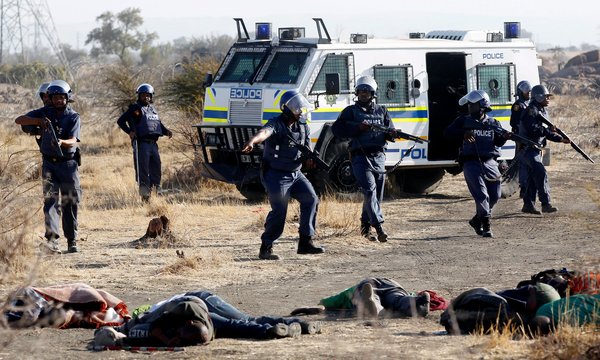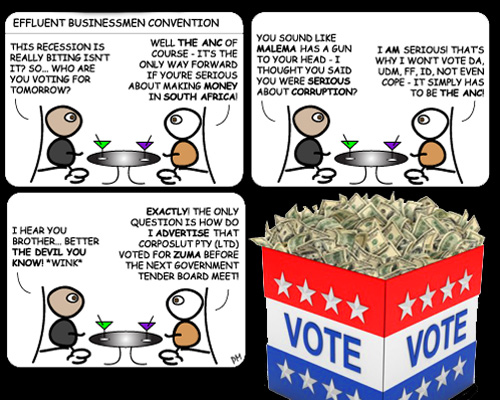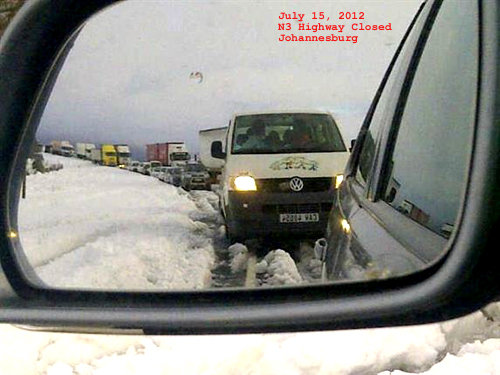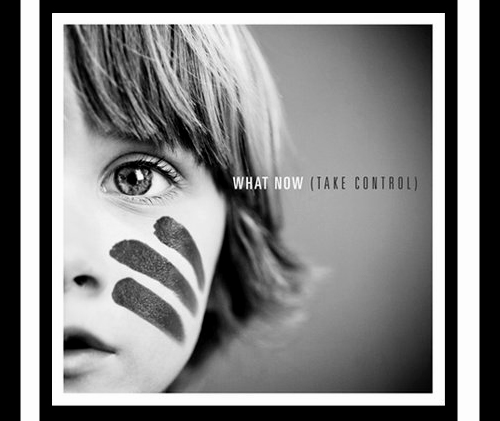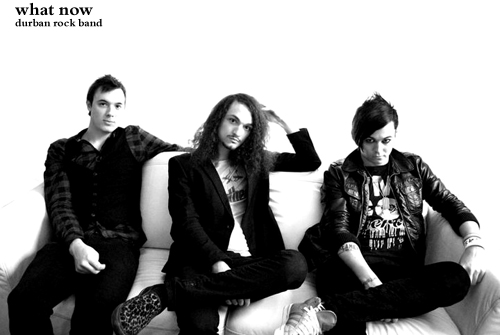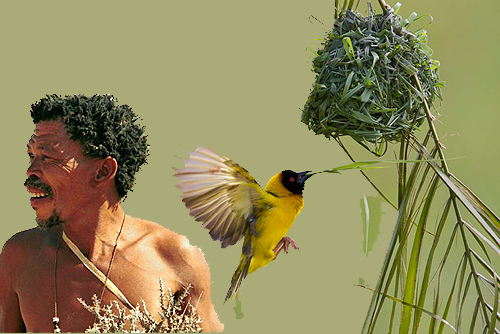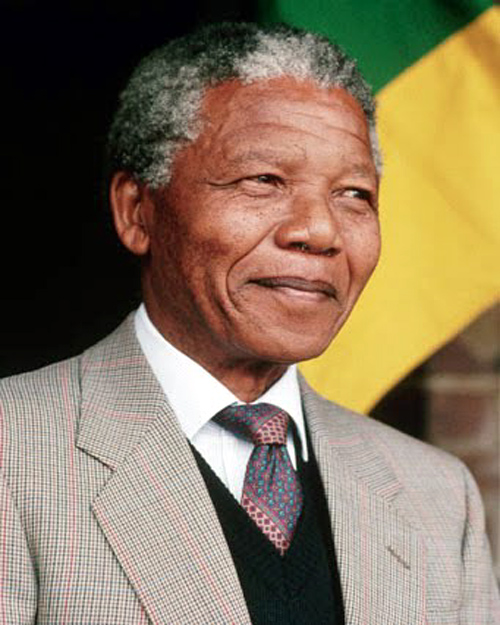 Last night’s prime time evening news in South Africa featured the trial of a man accused of ordering the murder of his wife.
Last night’s prime time evening news in South Africa featured the trial of a man accused of ordering the murder of his wife.
Other news included current President Zuma’s scandal over use of public funds to build himself a mansion, and South Africa’s deep involvement with UN troops now scheduled to go into the Central African Republic.
So many South Africans went to bed last night twisting and turning over the macabre soap opera husband order to kill, terribly conflicted by their country’s growing militarism in central Africa, and increasingly impatient with their current clown president’s antics.
About an hour later, Nelson Mandela died.
‘There are heros and there are monsters, but most of us are ordinary mortals caught up in events too turbulent for any of us. …when the battle is over, all we will inherit will be the ashes of a once beautiful land.’
The above quote is from Wilbur’s Smith’s novel, Rage, published in 1987. The book purports to foretell the calamity that what would befall South Africa with the end of apartheid.
For years and years doomsayers claimed that South Africa would self-destruct, or at least fall into terrible violence, once Nelson Mandela died.
Today South Africa was blanketed by peace and celebration. 160 individual sites in Cape Town area were designated as “tribute sites” where throughout the day mostly smiling and thoroughly loving small crowds gathered with flowers in their arms. Cape Town’s flowers are unique in the world.
In fact, in one of the world’s most prestigious botanical gardens, Kirstenbosch in Cape Town, the special golden strelitzia genetically engineered in honor of Mandela while he was still living, was laced with the petals of other flowers visitors had arrived with.
Rage was wrong. Mandela’s doomsayers are wrong.
South Africa not only survives in tact, peaceful, but with palpable mourning that leaves the country vulnerable. But the country is strong enough not to worry, now.
It wasn’t, before Mandela’s time.
I count myself among those cynics who dislike attention given to any single individual, no matter how important that individual is. I prefer to think that events linked to any given individual’s actions reflect the overall society rather than that individual’s will.
And similarly, as time passes a prominent individual’s actions are often exaggerated. Heroes are created by the media, rarely in history.
The oft-recounted two dozen years of imprisonment on Robben Island, for example, is usually misconstrued as Mandela had remarkable freedom as a prisoner and remarkable access to those supporting him.
The revolutionary, certainly criminal acts of violence ascribed Mandiba by youthful agitators misstate situations where Mandela actually became involved against his better judgment.
The lack of vengeance regularly referred to shortly after Mandela took power in 1994 was hardly personal. The entire economy of South Africa – huge by Third World standards, the triggers on possible nuclear bombs, the warehouses of secret information on the questionably ethical private lives of the new leaders … they were all in white hands.
What Mandela was and will always be is the embodiment of all the goodness that is the better part of South Africa. He was never alone.
He was an artist more than a revolutionary. Perhaps he was also uniquely perspicacious, perhaps he sensed better than anyone that his society’s four centuries of racism would begin to reverse on his watch.
And yet for “most of us mortals,” our shoulders could hardly have borne the times the way Mandiba did. His greatest struggles weren’t while in Robben Island or on public trial. He was never seriously injured in battle or tortured in prison, as many, many were. He didn’t lose children as many, many others did from the brutal violence of numerous incidents like Sharpeville. He didn’t die, as many, many revolutionaries did for the cause.
But those hundreds if not thousands of real heroes of the moment – long forgotten by almost all of us, now – became all wrapped up in the symbol of the new society’s first leader. That was his greatest accomplishment, carrying the garland of activism woven by the forgotten thousands, and displaying such boggling humility after victory without retribution, with such perfection.
When you think of Mandela, when you read Long Walk to Freedom, when you listen to his speeches and now listen to his eulogies, think “South Africa,” not “Mandela.”
It’s so easy for us to identify with an individual rather than ingest and analyze periods of history. That is the role Mandela performs, and he accomplished it with the finesse of a man-made golden strelitzia standing commandingly within all the many other natural things of beauty.
There are heroes and there are monsters, and they come and go with the fall release of new films. There are societies that make monstrous mistakes and suffer for eons.
And there are societies like South Africa that create wonder and joy with terrifying and heroic reversals of precedent and tradition. The South African who will be long invoked as the symbol of that ending of an unbelievably enduring epoch of human indignity is Mandela.

